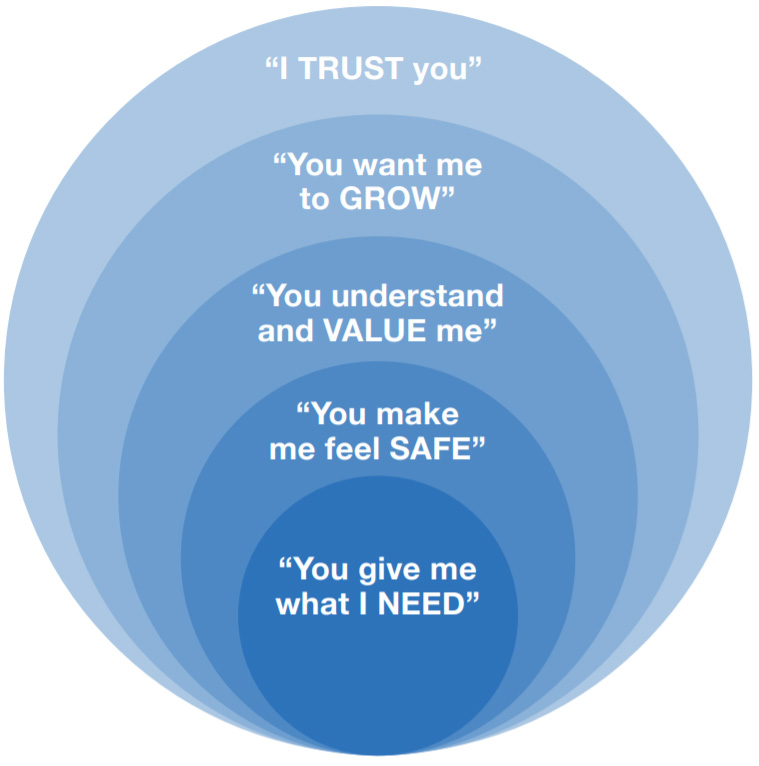Just how much does contact with HR influence employee experience?

Meet your employees' HR expectations, and not only are they more likely to stay with the company, they'll also tell the world it's a good place to work. That's the key finding of a 25-country study by ADP Research Institute, which surveyed 32,000 respondents over the last year to understand how the HR function impacts a company's reputation as an employer.
How does HR meet expectations, though? Quite simply, the more focused contact employees have with HR, and the more they use HR services, the more likely they are to value HR - and by extension, the company. ADPRI found, for example, that if employees have a single designated HR contact, they are two times as likely to value their company and five times as likely to recommend their company as a place to work.
However, the value dropped if there are multiple contacts, and dropped further if there are no contacts at all - suggesting that employees want a certain amount of personal attention and human touch.
The impact of fundamental HR services
ADPRI's study looked at the impact of five fundamental HR services which are available in just about every company - onboarding, promotions, leave, performance appraisal, and benefits. As basic as these seem, they have an outsized influence on employee experience. Employees who have used all five of these services are 11 times more likely to say HR is a valuable function. And the more they have used these services within the last year, the more they value HR.
Out of the five, onboarding and benefits are the most influential - but only if done right. Going through a formal onboarding process makes employees 8.5 times more likely to value HR, and receiving and using health benefits makes them 3.5 times more likely to say that HR has a positive impact on their workplace experience. Given the recent emphasis on benefits, this finding probably isn't surprising.
Interestingly, it doesn't matter whether someone is full-time or part-time, or whether they have been with the company for six months or six years. Receiving HR attention and using HR services has the same effect on how happy they are with the HR function. As a result, upper management is frequently much more happy with HR than individual contributors or front-line management, simply because they interact with HR more often.
The metrics that measure the HR experience
Based on the study's findings, ADPRI developed a five-level model to measure HR service quality. Dubbed the HRXPS model, it identifies five aspects of how employees experience HR:
- HR's ability to meet employees' basic needs - providing them with the information and resources they need to do their jobs.
- HR's ability to make employees feel safe in the workplace - handling workplace issues and whistleblower reports while protecting the person who raised the issue.
- The extent to which HR understands and values employees - putting employees' interests front and centre.
- The role HR plays in enabling employee growth - providing guidance for performance improvements and job advancement.
- The extent to which there is mutual trust between the HR function and the employee.

The HRXPS Model. Image: ADP Research Institute
ADPRI found that HR practitioners were generally accepting of the first two, more functional levels. But they became increasingly skeptical of the further levels, believing either that these areas were not their responsibility, or that there was a conflict with their responsibilities to their employer.
The final level, trust, drew the most objections, with some HR practitioners finding it 'too soft and nice' or simply infantilising of the employees.
Sreeni Kutam, Chief Human Resources Officer of ADP, commented that the model provides another way to quantify HR's importance to the organisation. “At the center of driving talent, both in acquisition and retention, as well as the talent brand, sits HR. A company’s talent is vital and this study shows where and how HR can make a direct impact on the talent brand of an organisation.”















